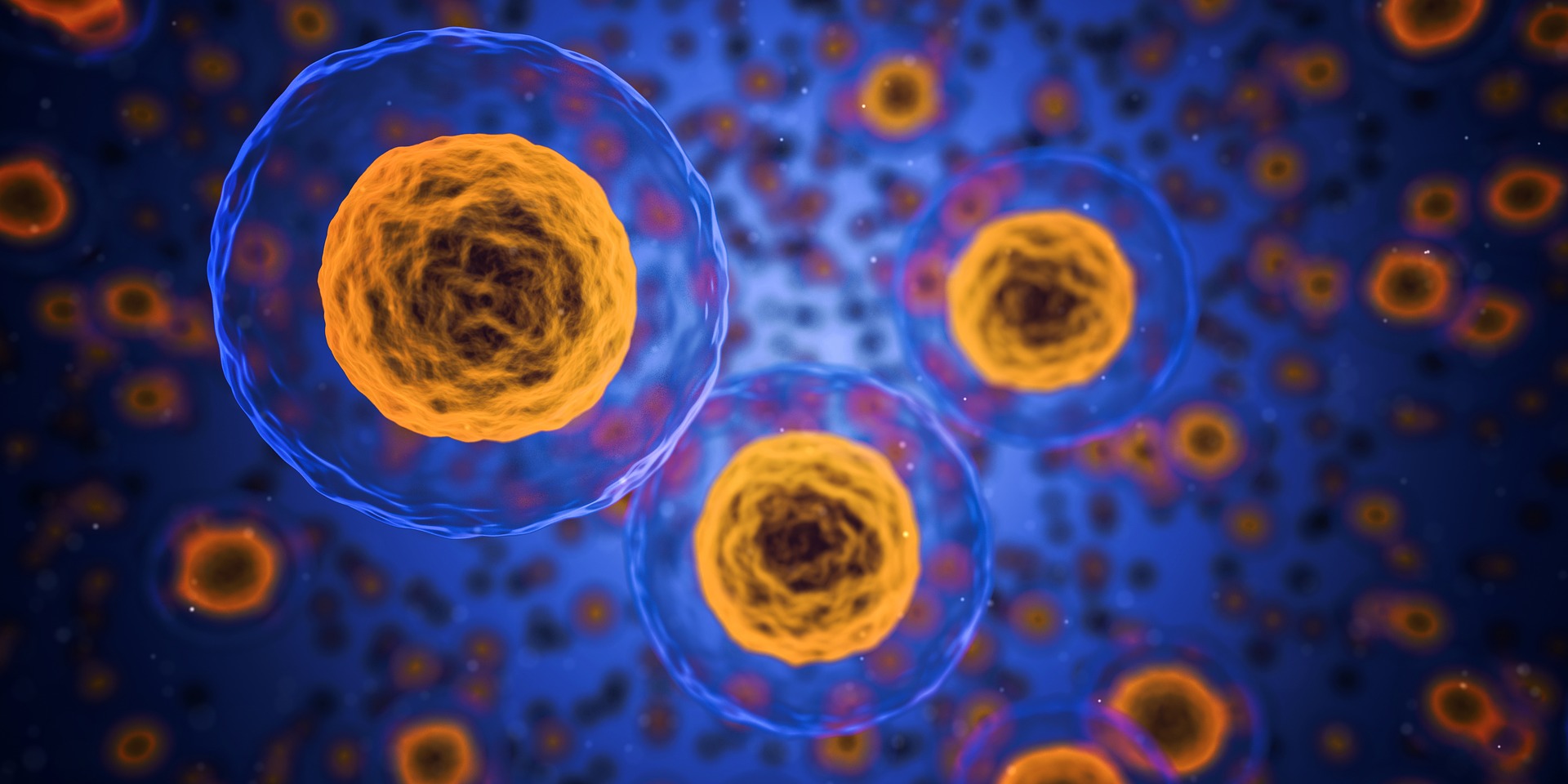
Health & Medicine
Gene genies: Meet the researchers mapping our DNA to combat cancer

Nearly 50,000 people will die from cancer in Australia this year. What does the future of treatment look like, and are funding and policy settings working for or against it?
Published 10 November 2017
After heart disease, cancer is the second leading cause of death in the world - 8.8 million people lost their lives to cancer in 2015.
A generation ago, one in three people in the developed world were diagnosed with cancer; in some countries it is now approaching one in two. Low- and middle-income countries are also severely affected - with the majority of cancer cases now presenting themselves in these countries.

Health & Medicine
Gene genies: Meet the researchers mapping our DNA to combat cancer
Why despite the great strides in medical knowledge, does the world continue to struggle in finding a cure for cancer? This episode of The Policy Shop addresses this question with two world leading experts.
Nobel Laureate, Dr Harold Varmus, currently the Lewis Thomas University Professor at Weill Cornell Medical College, who formally served as the Director of the National Institute of Health and as the Director of the National Cancer Institute in the United States and Associate Professor Sherene Loi, head of the Translational Breast Cancer Genomics Laboratory at the Peter MacCallum Cancer Centre in Melbourne join the host Professor Glyn Davis, Vice-Chancellor of the University of Melbourne.
Episode recorded: 1 November 2017 Producer and editor: Eoin Hahessy Audio engineer: Gavin Nebauer
Banner image: Pixababy
Subscribe to The Policy Shop through iTunes.